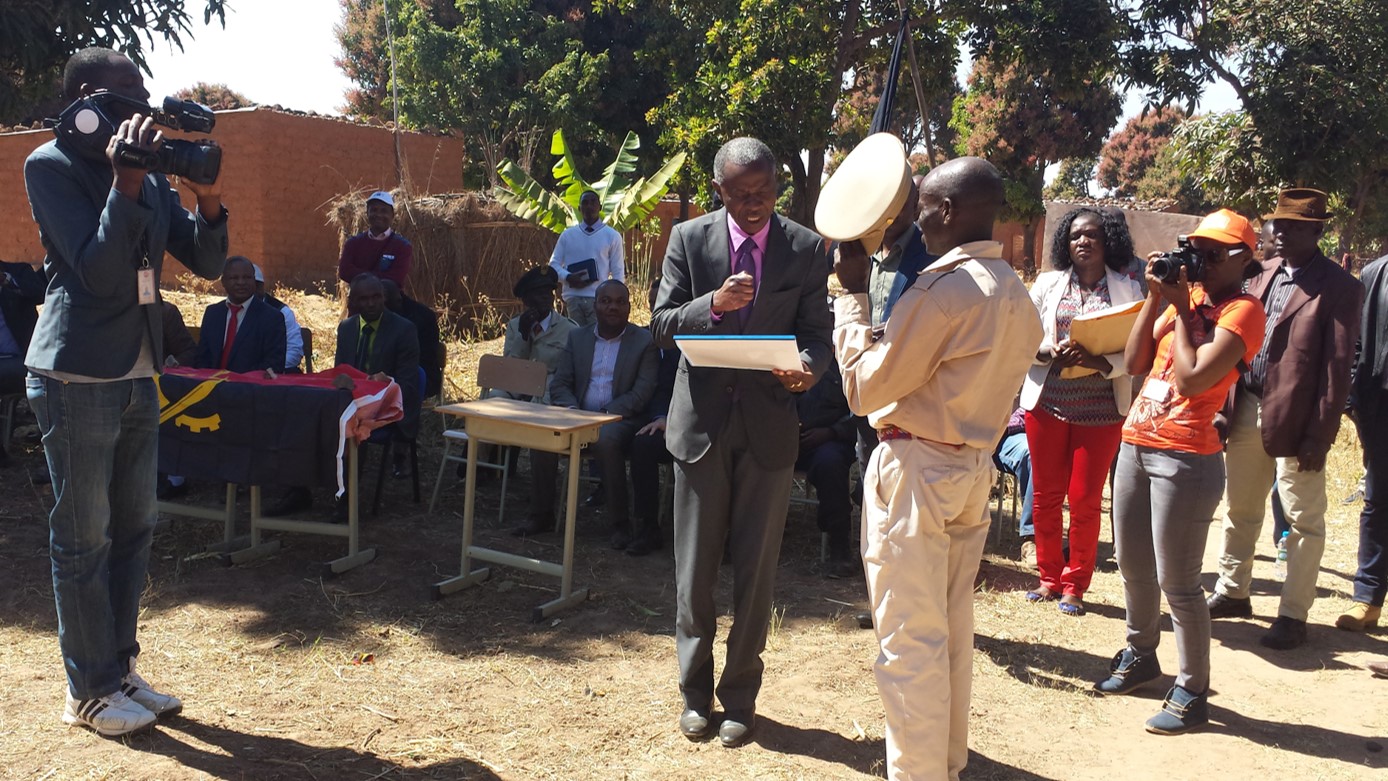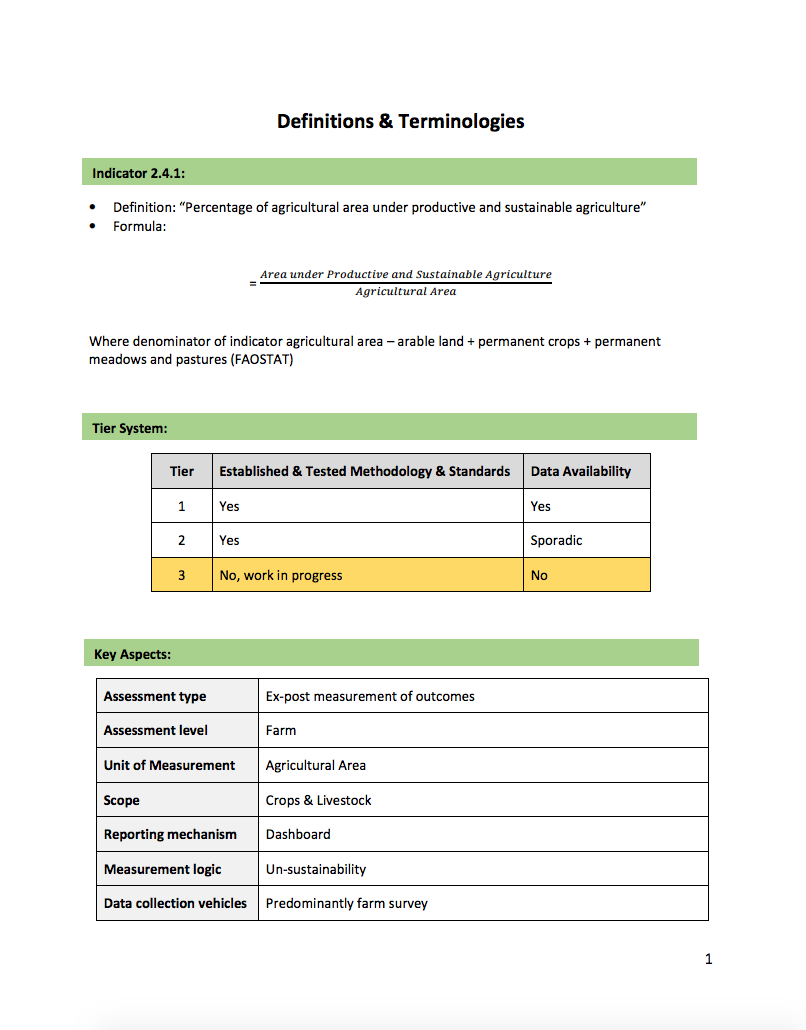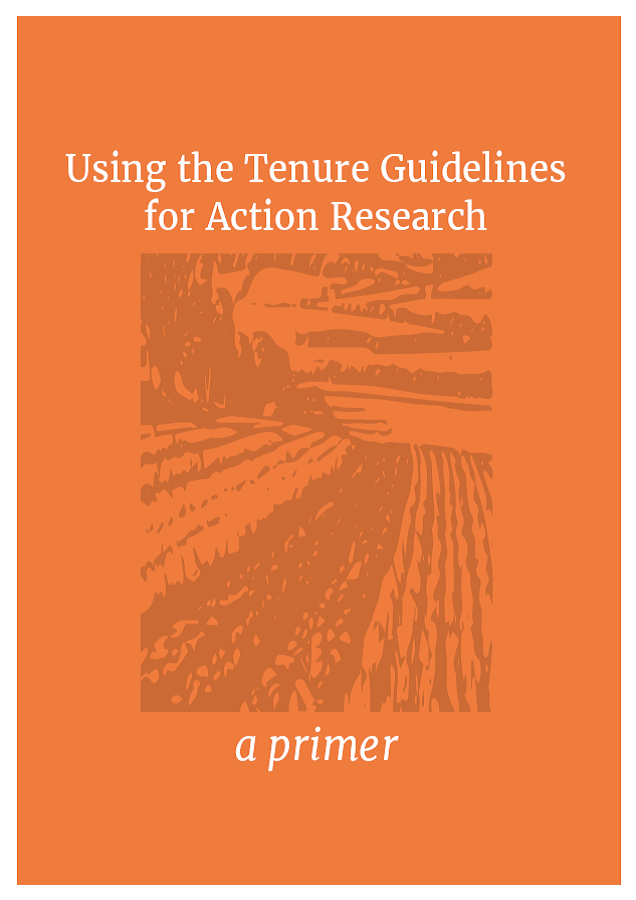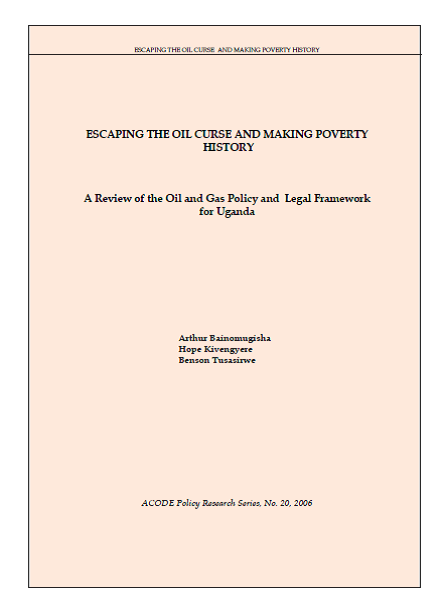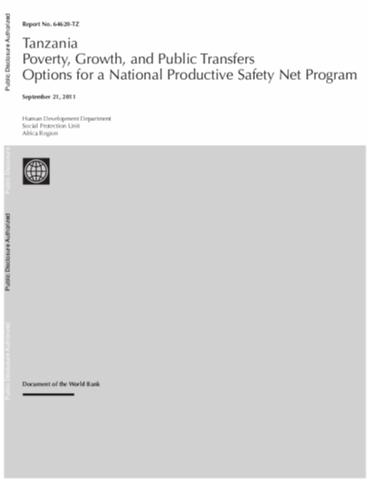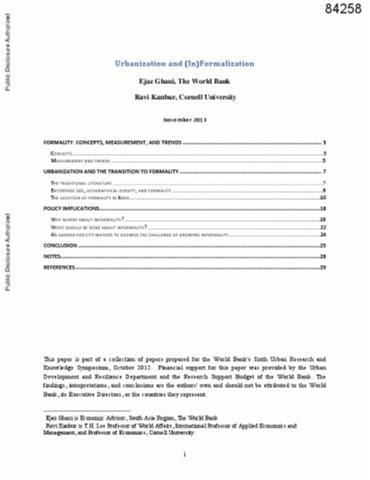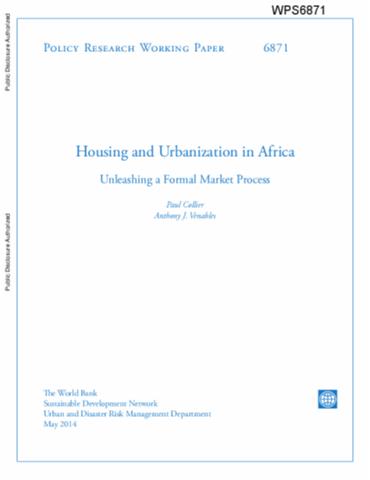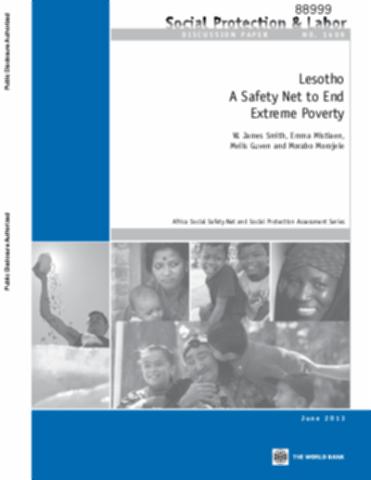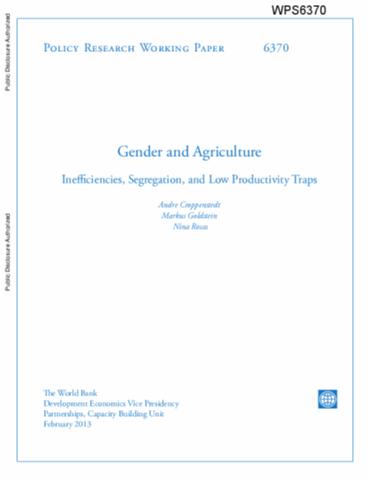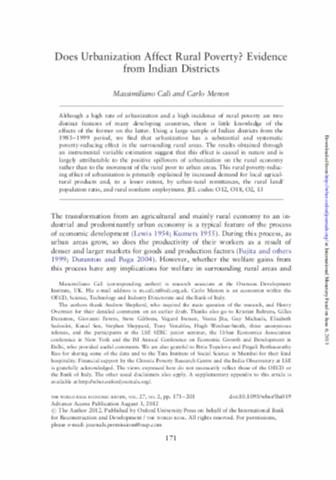The recognition of the customary land rights: lessons from the Province of Bié in Angola
Effective recognition of customary land rights is still a challenge in Angola, as in many other African countries. Despite customary land rights of the traditional rural communities are expressly recognized in the 2004 National Land Law, very few communities in Angola have been able to register their land. In the Province of Bié, in Angola central highlands, only five customary collective land titles (called Dominio Util Consuetudinario) had been issued within the period 2004-2015.

